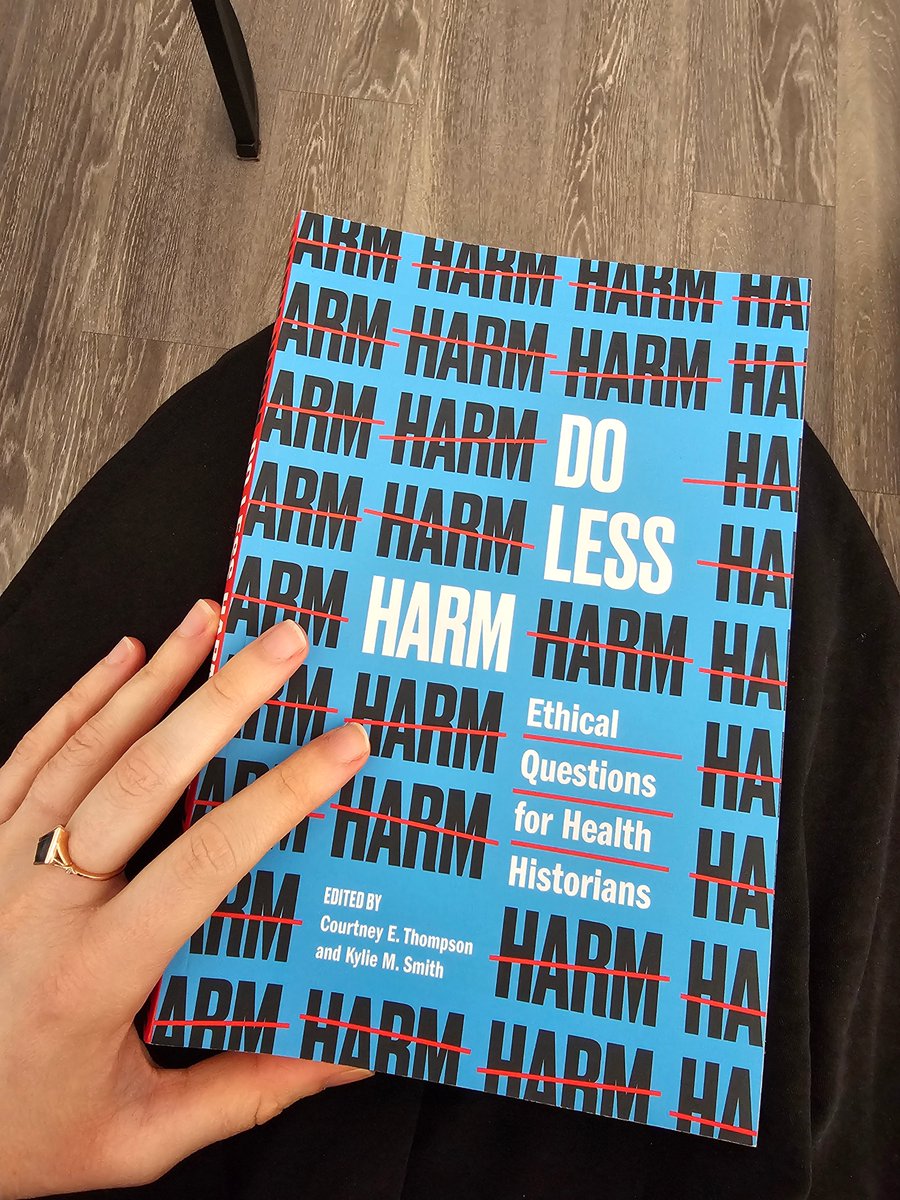It is a really jarring moment to be a historian. To know what might be coming is alarming. To realize that no one around you sees it or acknowledges it is a weird place to be in. Its like time traveling without time traveling. 1/8
I study the 19th century and the 2020s look a lot like 1820s. Frequent epidemics? Check. Inflation? Check. Xenophobia and deportation schemes? Check. Womens rights losses? Check. Rampant backlash against womens economic freedoms and jobs outside the home? Check. 2/8
Growth of carceral facilities? Check. Legislation to forcibly institutionalize disabled people? Check. Targeted attacks on Indigenous peoples? Check. Extreme religious fervor? Check. Efforts to shape public school curriculum with religious rhetoric? Check. Tariffs? Check. 3/8
The antebellum era was a time of progress, but it was also a time fuelled by hate. Slavery fuelled the economy, and antislavery efforts were not very radical on the whole. Hatred against immigrants was widespread and poverty was extensive. 4/8
Everything we are seeing right now happened in the early 1800s. And these choices were fuelled by white supremacy, misogyny, and xenophobia. I really wish more people understood that we've been here and done this. Life only got better for those who actively oppressed others. 5/8
Its time to learn from that history if you havent already. We cannot go back to that. For anyone despairing, its also time to learn from the radical activists who shaped resistance. 19th century activists didnt lose hope, we cannot lose hope either. 6/8
Abolitionists, womens rights organizers, workers rights unions, disability rights orgs, and pro-immigration orgs did the work under far worse circumstances with very little global solidarity. We have better tools, connections, and resources. 7/8
If youre in despair, pick up a history book. Before every win for human rights came a fight for it. We are now a part of that fight. We are not alone. We have all of these histories to guide us. 8/8
People have been asking for book recs - I will make a google sheet next week with some recs! This weekend I am resting, spending time in nature, and making crafts. The work to protect human rights never stops - carve out rest when/where you can.
• • •
Missing some Tweet in this thread? You can try to
force a refresh






